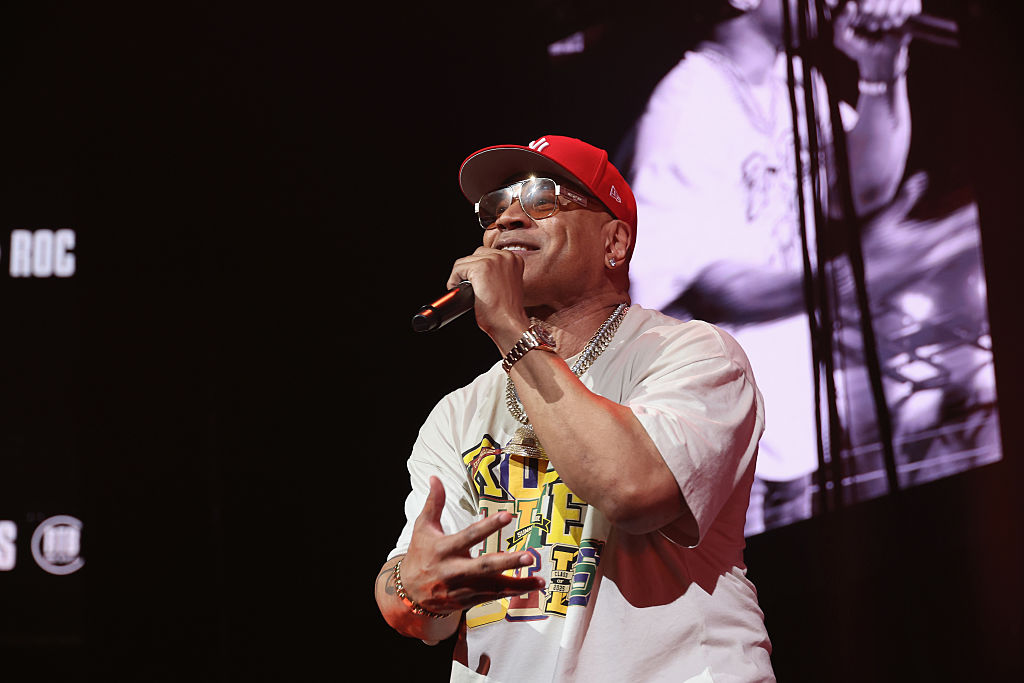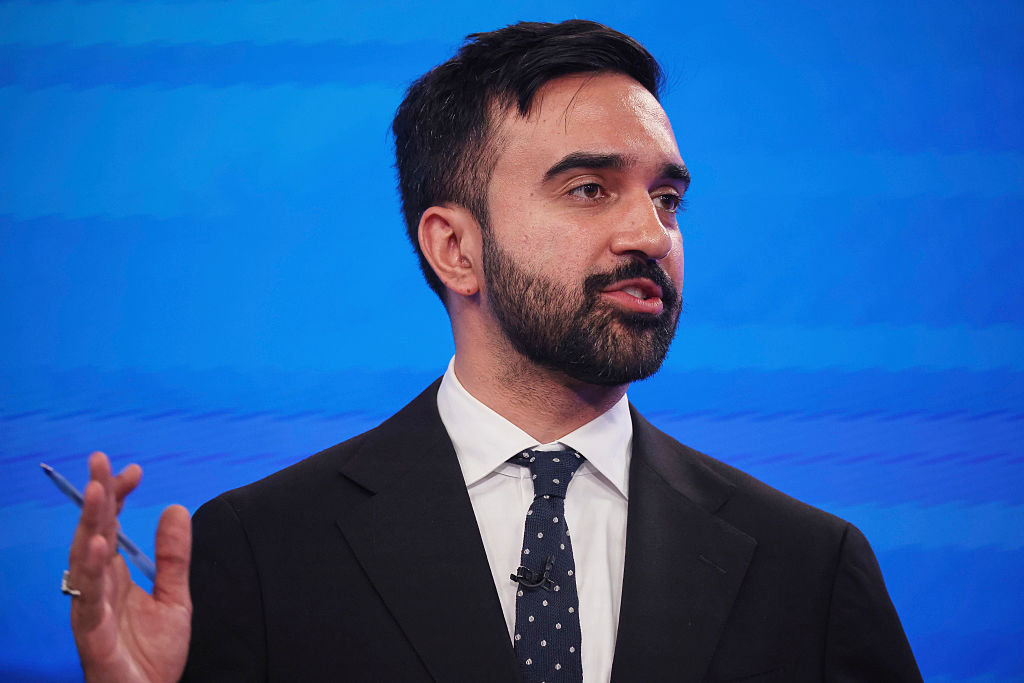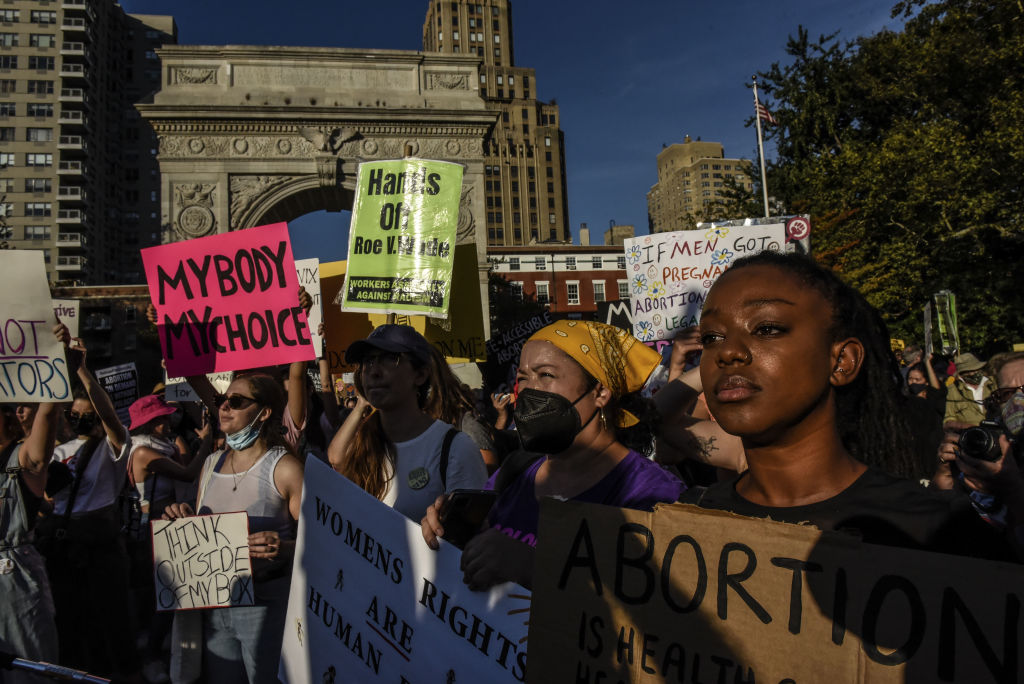
Source: Bloomberg / Getty
UPDATE: Jan. 22, 2023, 10:30 a.m. EDT:
More than six months after the ultra-conservative Supreme Court majority gutted the right to abortion in Dobbs v. Jackson Women’s Health Organization. Reproductive justice advocates were raising alarm long before Dobbs was even decided. The right to abortion established in Roe never fully protected the rights to reproductive decision-making and care for all. The fight for true reproductive freedom and justice is ongoing. It’s year-round work and even though abortion access is dependent upon a hodgepodge of state laws and restrictions, the demand remains clear.
Whether they are marching or providing support to members of their communities, Black and Brown-led reproductive justice organizations have not let up the fight to expand reproductive justice and freedom. The battle for personal bodily autonomy and self-determination requires we stand firm against efforts to deny our right to choose for ourselves.
Original Story:
On Oct.2, thousands of women took to the streets of Washington, D.C., for the 5th Women’s March. This year, the organization shifted its focus to abortion justice and reproductive rights issues.
One of over 650 events nationwide, an estimated 5,000 attendees met at Freedom Plaza on Saturday morning. Some rallygoers kicked off the event with a “Faith Gathering,” CBS noted. The march then proceeded to the steps of the U.S. Supreme Court at around 1:30 p.m. Women of all races joined together during the momentous occasion. Some marchers held signs bearing bold statements in support of abortion rights. One women’s sign read, “I had a safe, legal abortion thanks to Roe v. Wade,” while another woman held a poster with the words “Abortion Is A Women’s Rights” written in bold letters. Marches were also held in major cities, including Austin, Texas; Jackson, Mississippi; Phoenix and Washington Square Park in New York City.
Read: Abortion Justice Marches Leverage National Network In Support Of State And Local Organizing
The Women’s March comes just one month after the state of Texas greenlit a controversial 6-week abortion ban that now gives private citizens the right to sue anyone who assists a pregnant individual seeking to have an abortion within the outlawed timeframe. The bill referred to as SB.8 could also punish abortion facilities and even healthcare officials who don’t comply with the controversial piece of legislation’s stringent protocols.
Several Black and Brown-led abortion organizations helped orchestrate this year’s massive event, including Sistahs Helping Every Woman Rise and Organize of Missippi (SHERo).
Michelle Colon, the founder of SHERo, said she hoped to push the medical biases that Black and Brown women often face when seeking reproductive health to the forefront of this year’s rally.
“When we go to the doctor, there’s coercion, disrespect, devaluing,” Colon said in an interview with Jezebel. “So there’s a lot of obstacles for Black and brown women [when going] to the doctor, period. [We] have a history in the medical healthcare system when it used to be, [doctors] didn’t want to provide us with care or they wanted us to be guinea pigs in their experiments. They’ve allowed us to die,” she said candidly.
Colon added that she hopes this year’s event will shine a light on the Supreme Court’s upcoming hearing where the future of the historic Roe v. Wade landmark case could potentially be overturned.
“We are at a standpoint where if the Supreme Court upholds the ban out of Mississippi, we are going to lose Roe in the south,” Colon warned, noting that anyone seeking an abortion in Mississippi would have to seek healthcare guidance elsewhere.
Similarly, the National Latina Institute for Reproductive Justice was present at this year’s event. The group, based in Virginia, Texas, New York, and Florida, aims to fight for the reproductive rights of undocumented people being affected by SB. 8 in Texas.
“We organize in the Rio Grande Valley, specifically,” Margie Del Castillo, the national of field and advocacy, added to Jezebel. “There’s a lot of Border Patrol interaction and checkpoints along the Rio Grande Valley. So when you think about our members, a lot of who are undocumented in that area, if they were to try to access care, a lot of times that’s difficult, because of the addition of the Border Patrol.”
Despite challenges, Castillo said she’s optimistic about the future, noting that a “historic mobilization for abortion, access, and justice” has been spearheaded by a large number of BIPOC population, and she’s right.
Let’s look at a few more Black and Brown-led reproductive rights initiatives that are fighting for change.
1.
2. Amplify GA
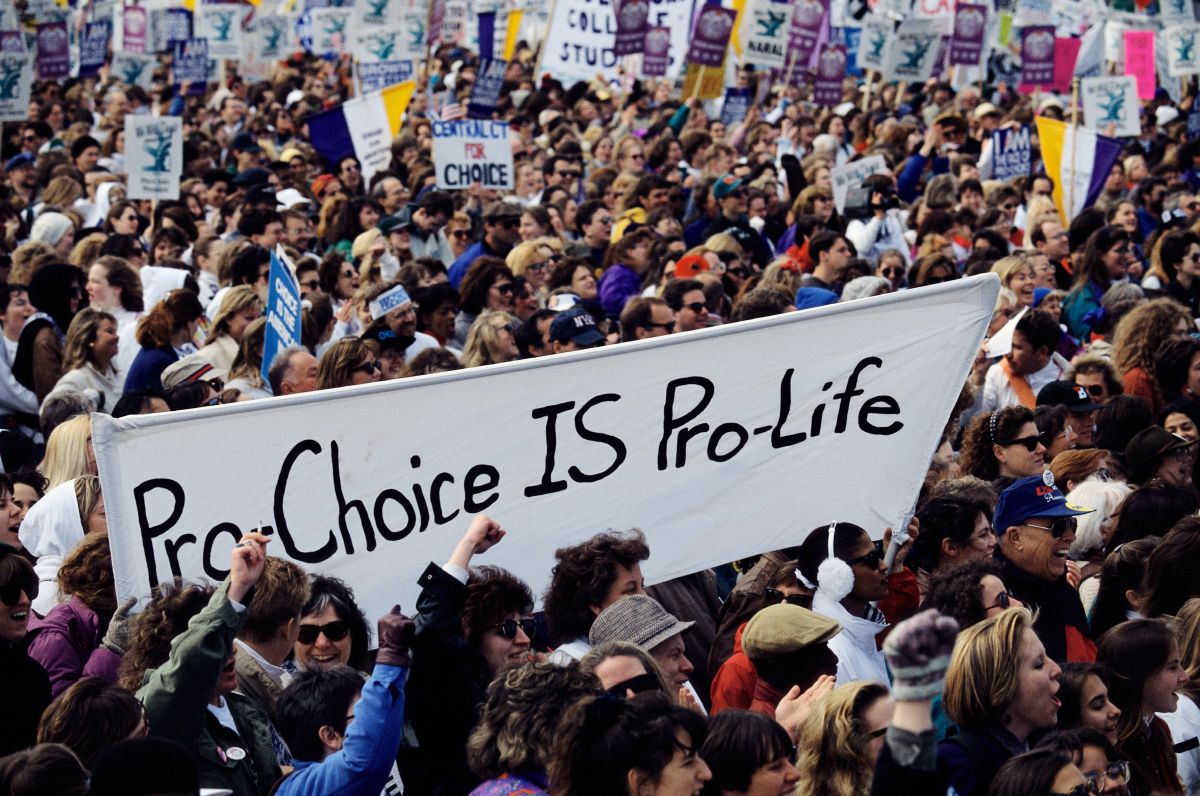 Source:Getty
Source:Getty
Based out of Atlanta, Georgia, Amplify’s mission is to work with the community along with other social justice organizations to help bring issues around abortion access and reproductive justice to the forefront. The organization is currently working to combat expensive abortion costs and they are also helping to decriminalize self-managed abortions.
3. Preterm
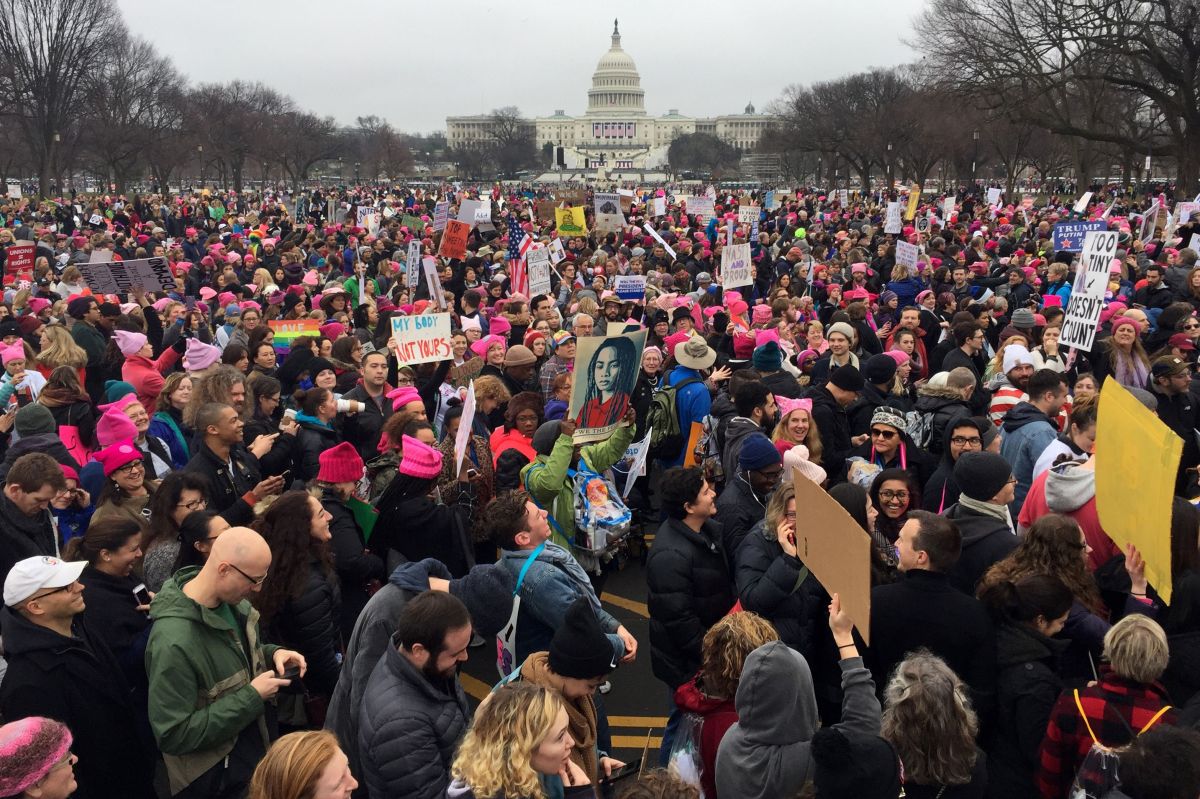 Source:Getty
Source:Getty
Preterm is a non-profit sexual health clinic based in Cleveland, Ohio that offers a number of reproductive resources to women in need including abortions, STD, and STI examinations in addition to birth control.
Preterm believes that “abortion is essential to bodily autonomy and gender equity for all people.” The clinic adds that they hope their services will help to dismantle “oppression and stigma.”
4. The Yellowhammer Fund
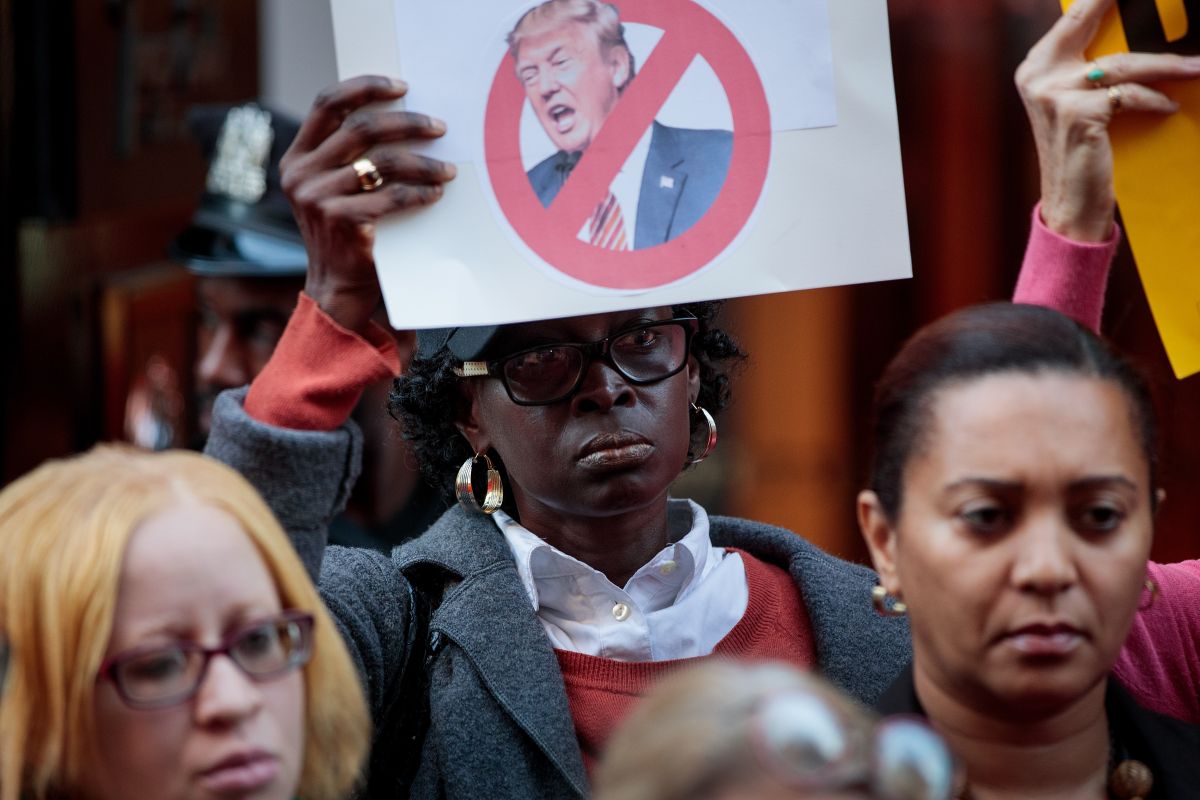 Source:Getty
Source:Getty
The Yellowhammer Fund is a 501(c)3 abortion fund and reproductive justice organization serving Alabama and the Deep South. According to their website, the organization envisions “a society in which reproductive decisions are made free from coercion, shame, or state interference.”
They offer to fund abortion services, travel needs, food and lodging, and other expenses that often hinder a person’s ability to easily access their right to an abortion.
5. The Lilith Fund
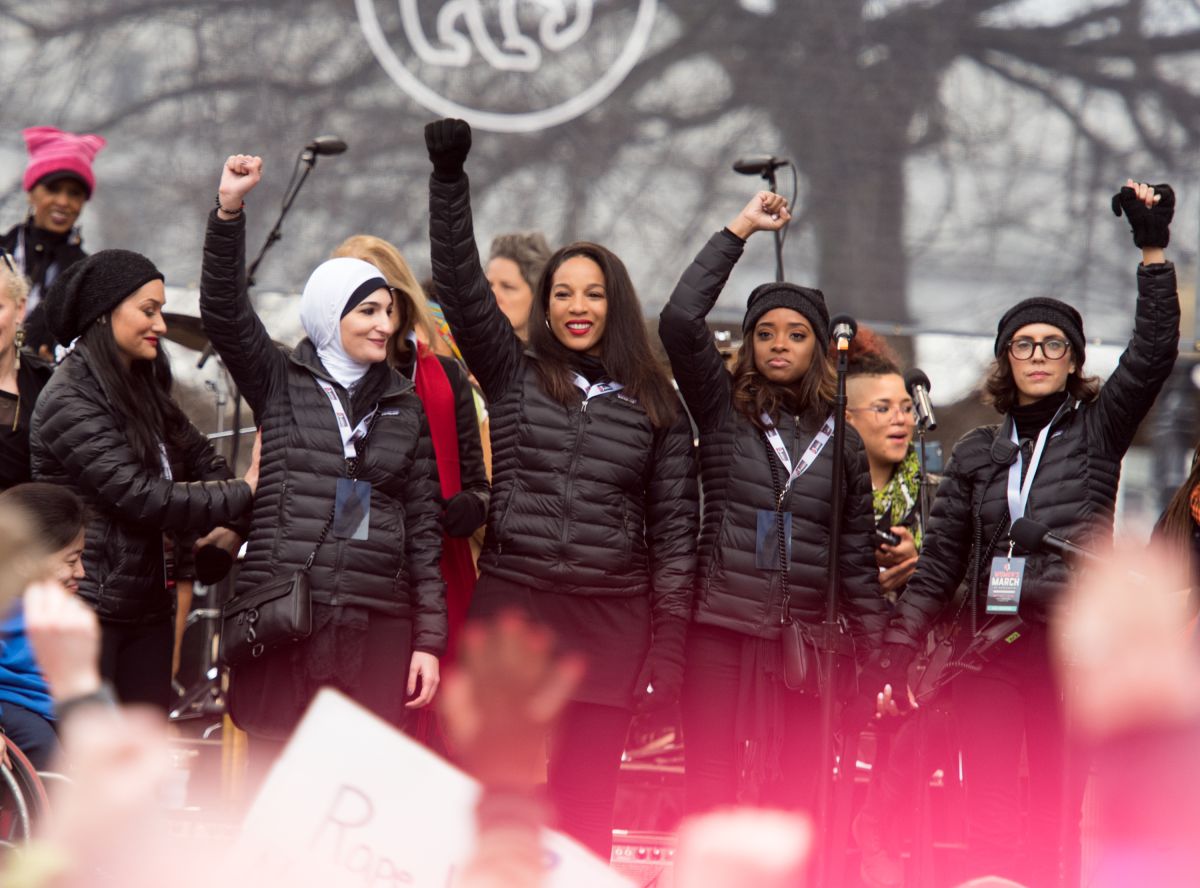 Source:Getty
Source:Getty
The Lilith Fund helps to support the rights of all Texans to make their own reproductive choices, regardless of income.
The fund provides financial assistance and emotional support to individuals in need while building community spaces for people who may also need abortions services in Texas.
6. Mississippi In Action
 Source:Getty
Source:Getty
Mississippi in Action was founded in 2009, after noticing a lack of holistic advocacy and education pertaining to HIV/AIDS, birth control, comprehensive sex education, and homelessness. Through advocacy and education, Mississippi in Action focuses on social justice and equality issues surrounding sexual and reproductive health and rights among its communities.
7. Urge – United For Reproductive & Gender Equity
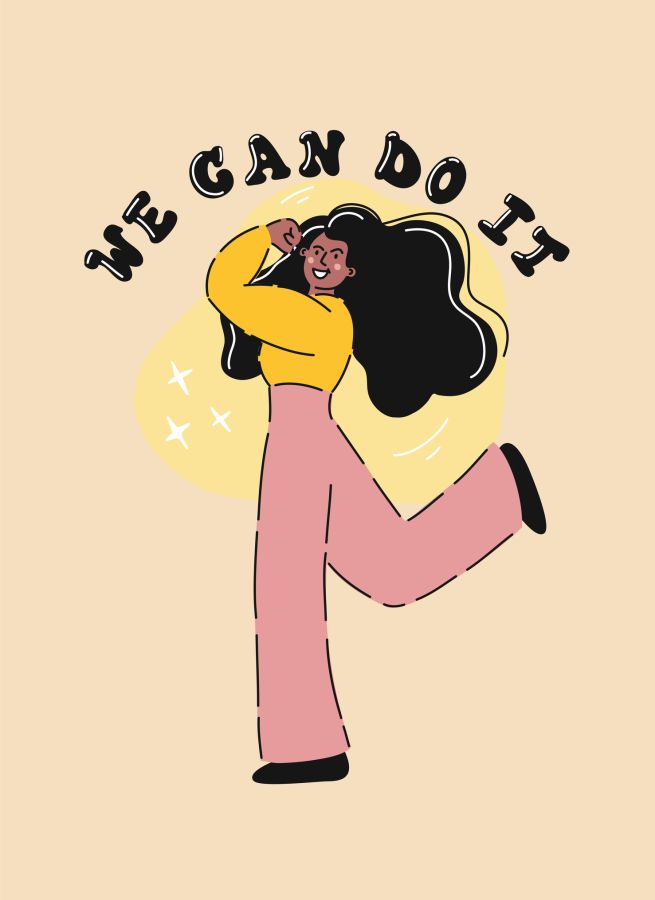 Source:Getty
Source:Getty
URGE based in Washington, D.C. is powered by the young and progressive voices of community members who believe they are often overlooked in the fight for sexual and reproductive rights.
URGE focuses on pushing policies that help to protect people in the LGBTQIA community while providing affordable access to abortion coverage and democracy reform. The organization also pushes for sex-ed programs in addition to economic justice for immigrants.
8. Sister Song
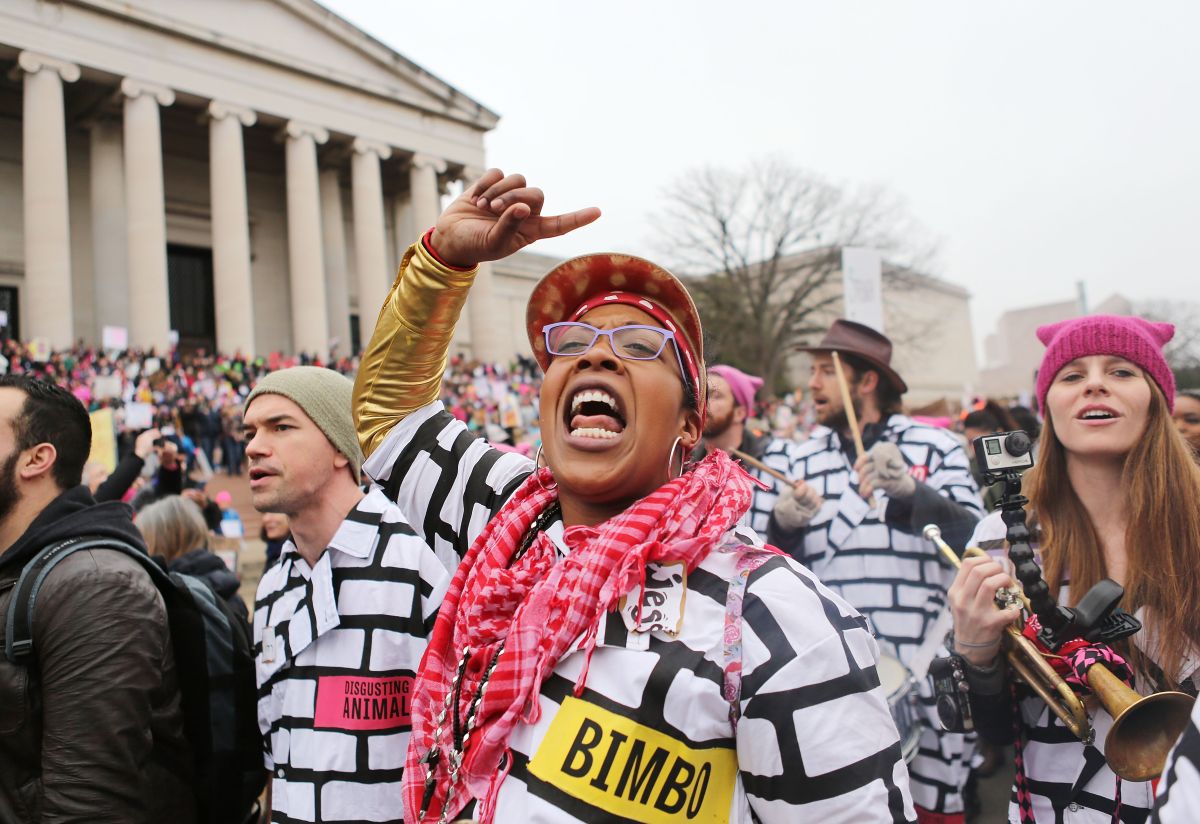 Source:Getty
Source:Getty
Sister Song is a Southern-based, national membership organization; whose purpose is to build an effective network of individuals and organizations to improve institutional policies and systems that impact the reproductive lives of marginalized communities.
The organization created its Birth Care Fund last year in response to the COVID-19 pandemic that provides relief funds that are intended for Black and other birthing people of color, especially Queer and Trans folks in need of support during their pregnancy and within one year postpartum.
9. In Our Own Voice
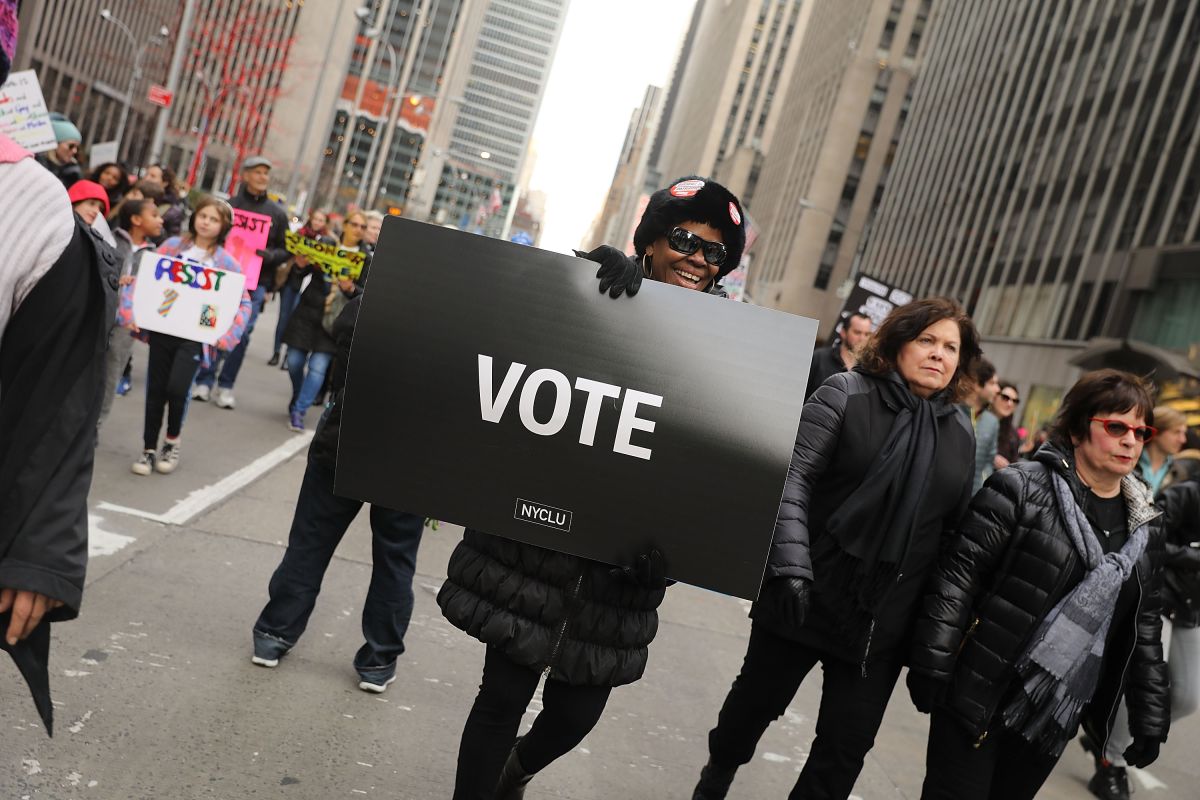 Source:Getty
Source:Getty
In Our Own Voice is a national-state partnership focused on lifting up the voices of Black women leaders at the national and regional levels in the fight to secure Reproductive Justice for all women, femmes, and girls. The organization fights for contraceptive equity, abortion rights, and comprehensive sex education among other issues.
10. The Afiya Center
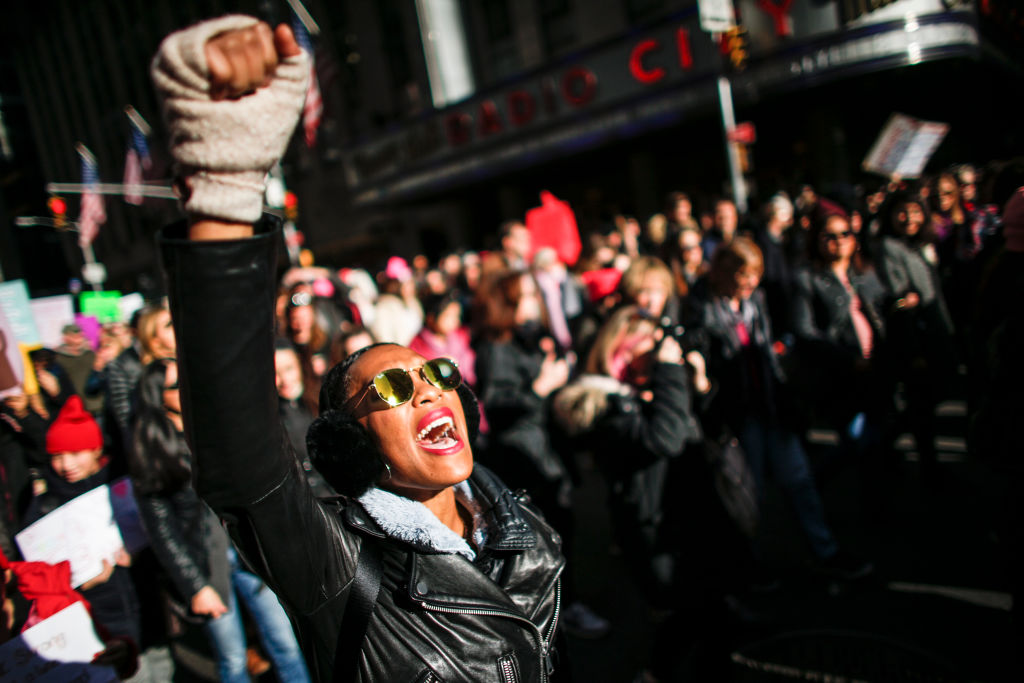 Source:Getty
Source:Getty
The Afiya Center (TAC) was established in response to the increasing disparities between HIV incidences worldwide and the extraordinary prevalence of HIV among Black womxn and girls in Texas. TAC prides itself on being the only reproductive justice organization in North Texas founded and directed by Black womxn.
The organization also offers a number of resources on maternal mortality and abortion access.











